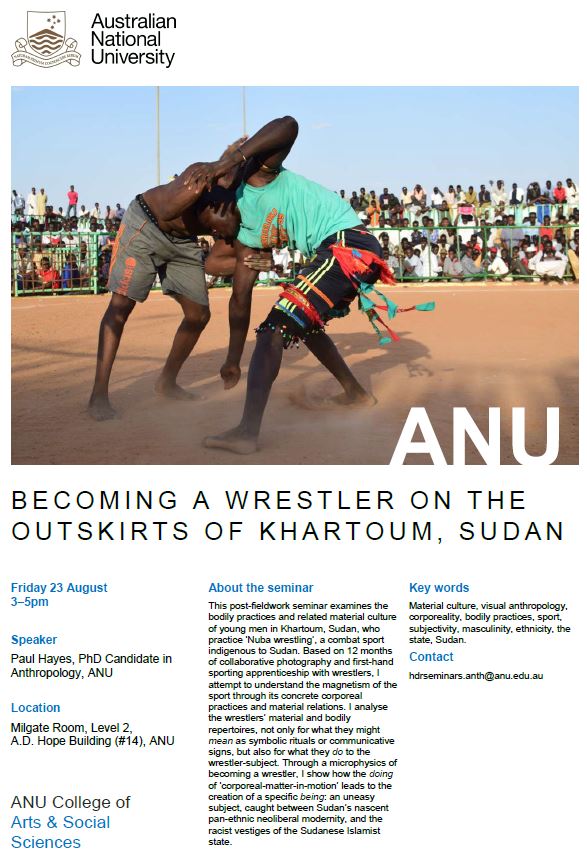Award winning author, Maxine Beneba Clarke (editor of Growing Up African in Australia), will be in conversation with feminist author and editor, Zoya Patel, about her leadership journey as an Australian born black writer of Afro-Caribbean descent, creating space for other African diaspora voices, and empowering those who’ve been historically sidelined in Australian literature to tell their stories.
 Maxine Beneba Clarke is the ABIA and Indie award-winning author of the memoir The Hate Race, the short fiction collection Foreign Soil, the poetry collection Carrying The World, and several critically acclaimed children’s books, including the Boston Globe / Horn Prize award winning The Patchwork Bike, and the recently released Fashionista. She is the editor of Growing Up African in Australia, and Best Australian Stories 2017. Maxine is The Saturday Paper’s Poet Laureate.
Maxine Beneba Clarke is the ABIA and Indie award-winning author of the memoir The Hate Race, the short fiction collection Foreign Soil, the poetry collection Carrying The World, and several critically acclaimed children’s books, including the Boston Globe / Horn Prize award winning The Patchwork Bike, and the recently released Fashionista. She is the editor of Growing Up African in Australia, and Best Australian Stories 2017. Maxine is The Saturday Paper’s Poet Laureate.
Zoya Patel is the author of No Country Woman, a memoir of race, religion and feminism, published by Hachette Australia.
She Leads In-Conversation events aim to provide the community with the opportunity to hear from women leaders from different backgrounds and industries, in a conversational format, followed by a live Q&A session, book signing and networking. Men are actively welcomed to attend.
The In-Conversation with Maxine Beneba Clarke will be at the Ann Harding Conference Centre, University of Canberra on Friday 20 September 2019 from 6:15–8:15 pm.



